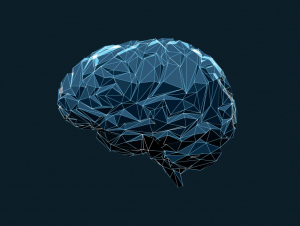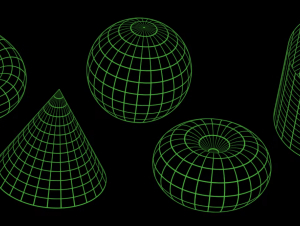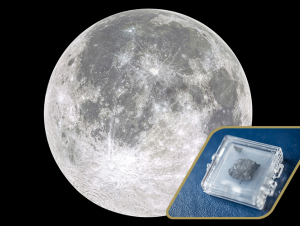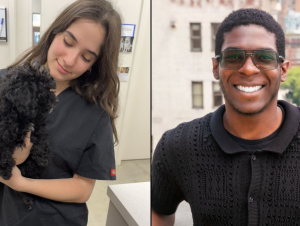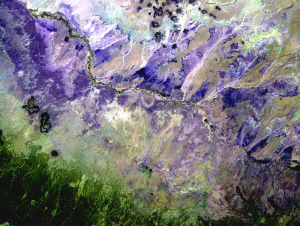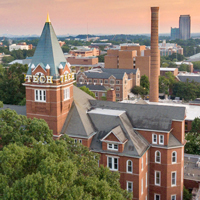Latest News
A multidisciplinary team has discovered how lateral inhibition helps our brains process visual information, and it could expand our knowledge of sensory perception, leading to applications in neuro-medicine and artificial intelligence.
The Final SCMB Symposium is being held on April 10th – 11th, 2025 on Georgia Tech campus.
Whether trying to design secure sensor networks, mine data or use origami to deploy satellites, the underlying language and ideas are likely to be that of topology.
New lunar sample research could help protect astronauts and uncover the origins of water on the moon
New NASA-funded research by Georgia Tech offers fresh insights into the phenomenon of space weathering.
Second-year biology majors Giuli Capparelli Sanabria and J’Avani Stinson are pursuing Georgia Tech degrees with fewer financial worries, thanks to the G. Wayne Clough Tech Promise Scholarship.
A new study explores how complex chemical mixtures change under shifting environmental conditions, shedding light on the prebiotic processes that may have led to life on Earth.


